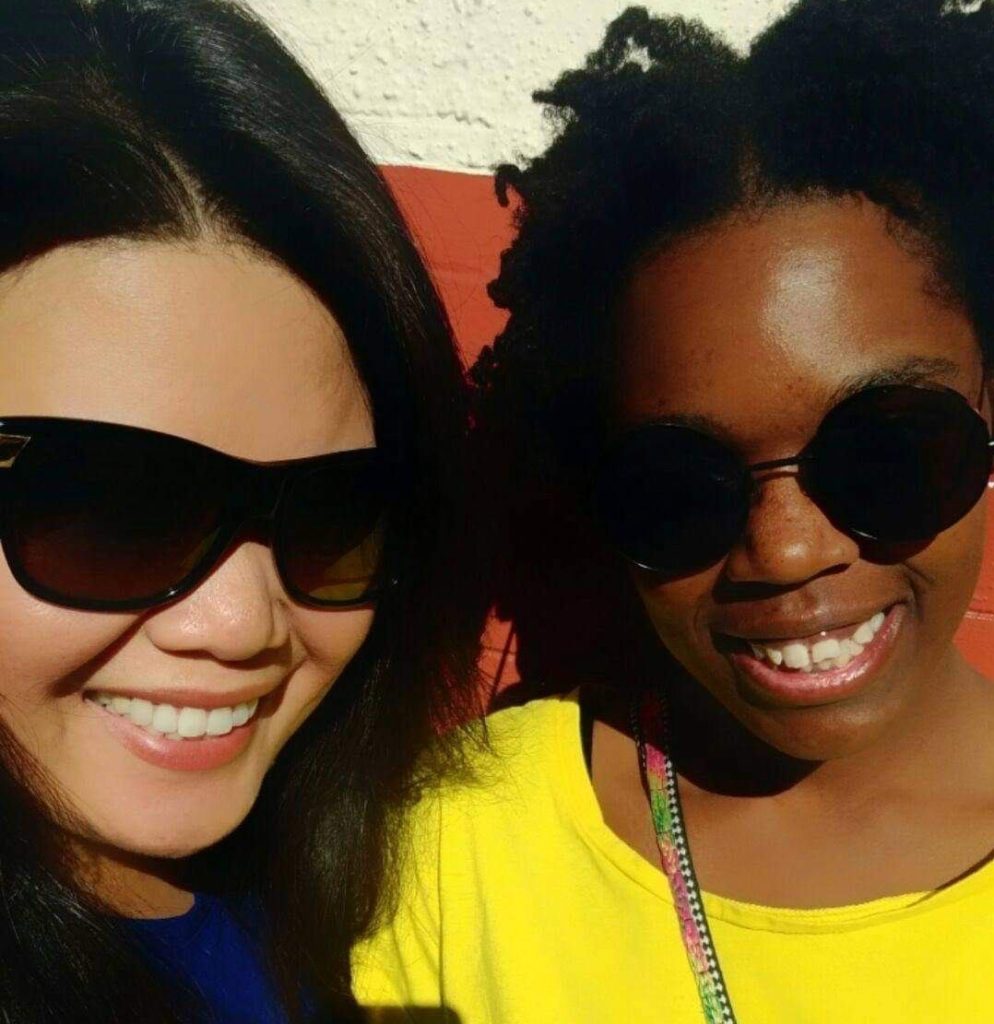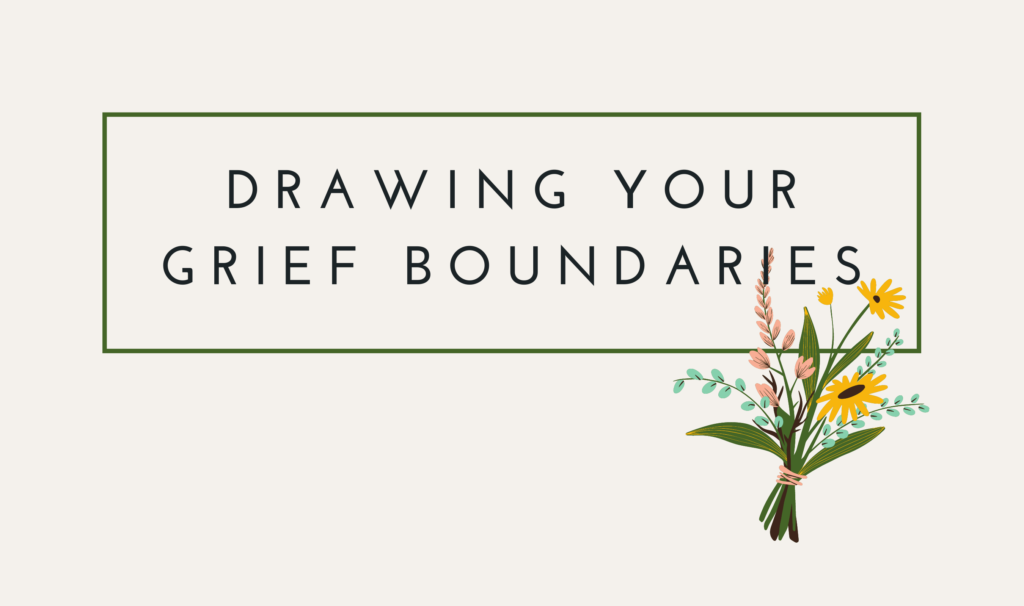Part 3: Finding Connection Through Grief
With millions of lives lost to COVID-19 in the past year, the statistics can feel abstract, even meaningless. How can the human brain process the scope of these tragedies — the millions of children, siblings, partners, family, and friends left behind to grieve the deaths of their loved ones?
By featuring the voices of young adults who have lost someone to COVID-19, this series is designed to give you a glimpse into the lives lost, and how the people left behind are finding their way forward.
In the first two parts of our interview with Brandy, we discussed what it was like to lose her friend Catharine Phanavong during pandemic distancing, and her grief journey since then. In this final part of the interview, we talked to Brandy about where she found comfort and support.
—
Charly Jaffe: What has your experience with the COVID Grief Network been like? How did you come to find us, and what has that looked like for you?
Brandy Hyatt: I was just trying to find something, anything, because I wasn’t sure what to do, after [Cat died]. My feelings were overwhelmingly big during the first month or two, and it was getting hard for me to manage it on my own. So I did some Googling around grief, [COVID Grief Network] popped up, and then there was the email about [starting] groups. And I was like, “Yes. Put me in line. I don’t know what I’m doing. But I need to talk to people.” And so that was my journey into getting into the support group.
Lauren Bender: How have you found the group so far?
Brandy Hyatt: My group experience was really good, but it’s also kind of funny how it started. I missed the first couple of sessions because I was too afraid to talk about it with people. And then finally, it was my first one. And it went really well. But I also cried the whole time. I felt like I was doing it wrong. Like, I’m sure everyone was getting used to it, and now here I am making everybody else cry. But everyone was like, “It’s okay!” They were very sweet and so nice.
I was in a group with people who all had lost parents, which was a little bit different. I was someone who lost a friend, but also someone who was younger. The nice thing is that I still felt like I was able to talk to folks about what was going on, because we were having a lot of the same reactions to things; we were still dealing with the same stuff. So it didn’t really matter if it was a parent or a friend. It was a lot of, “Oh, this happened to me the other day.” And another person would go, “That also happened to me — I went out to the grocery store and just couldn’t handle it.”
Our grief was showing up similarly, so it was really helpful to have folks around the same age to talk to. We’re starting to meet outside of our group, now that it’s done, so that we still have some time where we can still remember to do the things that we should be doing to be good to ourselves. To go, “Okay, we’re still meeting. How are you taking care of yourself this week? How is your grief showing up?” Those questions are really helpful.
I also think our facilitator was really good at making sure we had space to feel things and talk through things, to get what we needed to get out for the week. And my group was really open very quickly. So it was the perfect space. Being in the middle of a pandemic, after you’ve lost somebody due to the pandemic — having that group there was really, really helpful for me.
Lauren Bender: Is there anything else that you would want to share? Whether it’s about Catharine, whether it’s about your experience?
Brandy Hyatt: I’m really grateful for my group. I’m glad that you all put this together. Grieving as a young person is hard. I didn’t expect to have to deal with a friend passing away this soon. I really thought I’d have more time. And so I’m really grateful that there was a space where I could talk to other people about this.
I would also say for folks who haven’t really been affected by COVID — who have remained untouched in that they haven’t had anyone pass away, or get sick (not untouched by the larger context, because we’re all affected by this pandemic) — I would really recommend reading the New York Times obituaries around COVID. They give humanity to the numbers and you get the opportunity to really find out about these folks.
The New York Times wrote a really great one about my friend, Cat, and so I ended up going down a whole entire rabbit hole of them. And they’re just so many wonderful people that we’ve lost from this pandemic. Reading something like that really gives folks that lens of zooming in a little bit more and really seeing the people who are directly affected. Here’s this person, here’s how they passed. This person did these wonderful things, and it’s a reminder of the reasons to make sure that we’re continuing to be as safe as we can. To continue, as hard as it may be, to keep your distance and wear your mask.
I’m just really grateful for the network and I’m also really hopeful that folks will take a moment to learn about the people who have passed, just as a reminder, to continue to stay safe.
—
If you are a young adult grieving the loss of a loved one to COVID-19, COVID Grief Network offers both 1:1 and group support, which you can sign up for here. If you’re a young adult in our network and you’re interested in sharing your story for future installments of the Our Voices blog, please reach out to us at covidgriefnetwork@gmail.com.


